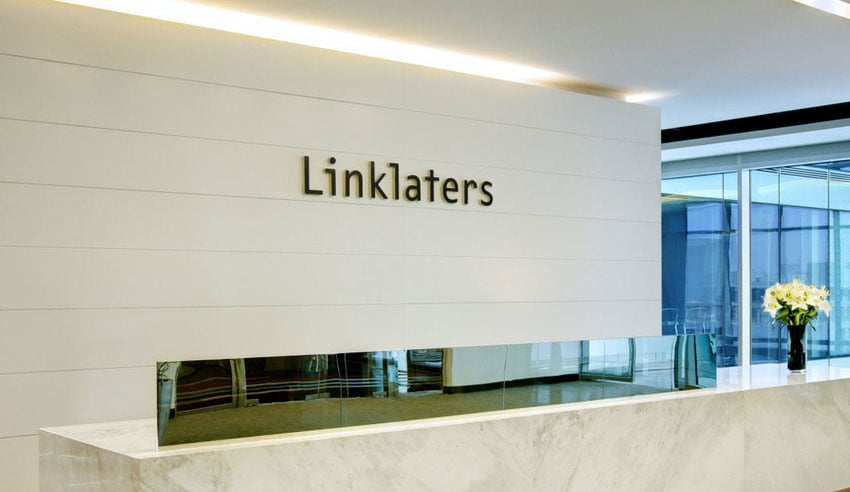Global firm Linklaters has won an urgent application in the UK High Court of Justice for an injunction restraining an ex-employee from disclosing information about the “current culture” of the firm, and its “ongoing struggle with women in the workplace”.

In late January, the firm’s former director of business development and marketing, Frank Mellish – an Australian national – sent an email to the Linklaters senior partner and firmwide managing partner, expressing dissatisfaction with the termination of his employment, which he acknowledged was ended in accordance with the law but, “given his age, he suggested was effectively the end of his career”.
The email identified three specific examples of cultural issues which Mr Mellish said he would “be using to demonstrate the Linklaters culture”, which the court termed as follows: “(1) the Munich Incident, (2) the NY Settlement and (3) the London Settlement”.
The court noted that persons related to incidents two and three did not want their cases to be made public, and with regard to the so-called Munich Incident, “there is much that is already in the public domain”, but the firm nonetheless reserved their right to claim damages in respect of anything that was published.
Linklaters argued that any proposed disclosures by Mr Mellish would be in breach of his contractual obligations, particularly in respect of confidential information of the firm. As a former director of business development and marketing, the firm argued, Mr Mellish would “have acquired a substantial amount of information about Linklaters, its partners and employees, that falls within the scope of [contractual restrictions].”
His Honour granted the injunction, until at least 11 February 2018, as there “was clear evidence of a threat or intention to give interviews for publication about matters that came to the attention of the defendant in the course of his employment”.
“It may well be possible to speak publicly in general terms about the ‘culture’ at Linklaters, or any other large firm or organisation, without breaching duties of confidence. But although the defendant has claimed that he intends to observe his contractual obligations, it is not easy to see how he could do so if he were to illustrate his points by reference to the three areas which he specified in his correspondence,” His Honour determined.
It was accepted by the firm that there is, in general terms, a legitimate public interest in the due performance by large firms such as Linklaters of their social and moral duties towards their staff, His Honour continued.
“But the existence of such an interest cannot justify indiscriminate disclosure of otherwise sensitive confidential information which others have a legitimate interest in keeping confidential. A general desire to talk publicly about the ‘culture’ of a large firm is not enough to justify the disclosure of such details.”
The injunction was thus granted regarding disclosure of information to “any journalists, press or media organisations, agents or publicists or third party to whom the defendant has disclosed all or any part of the information with a view to publication in the press or media”.
Elsewhere, a former Linklaters partner in Germany lost his appeal against a three-year sentence for sexual assault, as reported by German news outlet Juve.
It was reported that former tax partner Thomas Elser had his appeal denied by the Munich regional court, following an incident at the Linklaters’ Oktoberfest event in 2014 with firm interns.
This particular matter is understood to be what Mr Mellish was referring to as the “Munich Incident”, in his correspondence with senior firm members.

Jerome Doraisamy is the managing editor of professional services (including Lawyers Weekly, HR Leader, Accountants Daily, and Accounting Times). He is also the author of The Wellness Doctrines book series, an admitted solicitor in New South Wales, and a board director of the Minds Count Foundation.
You can email Jerome at: